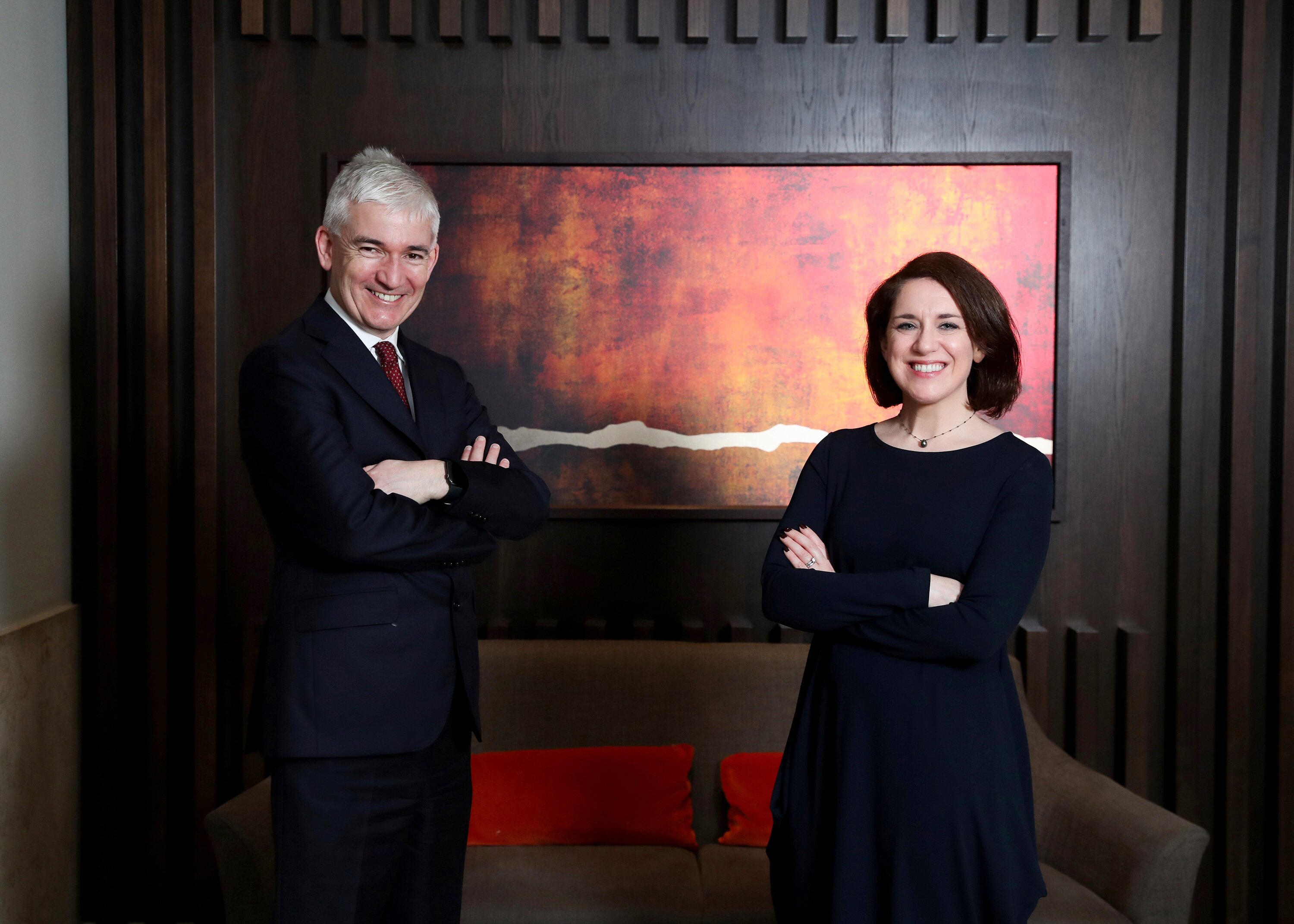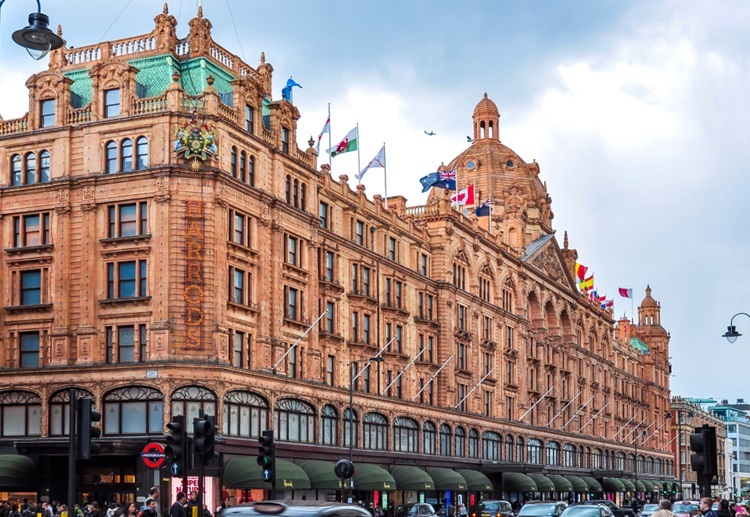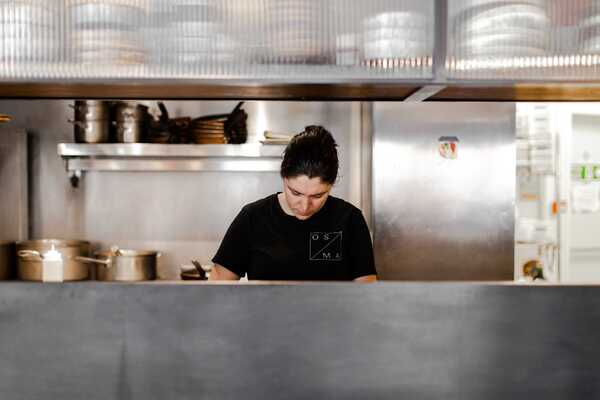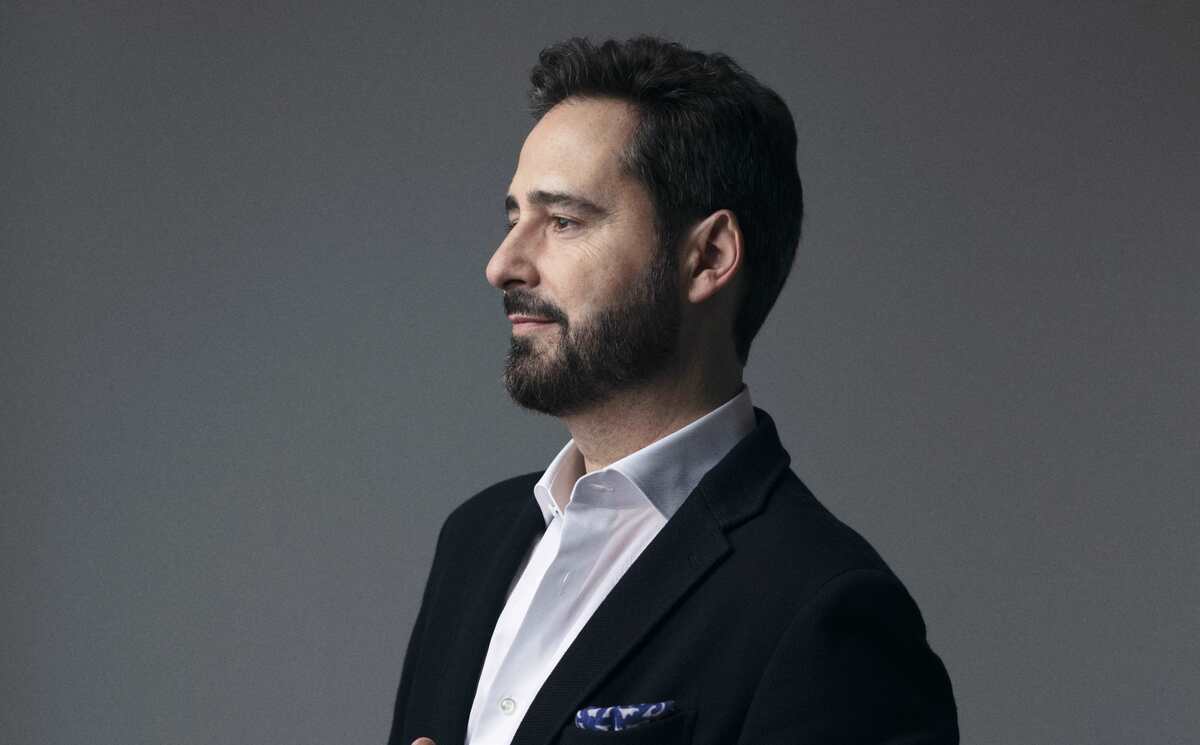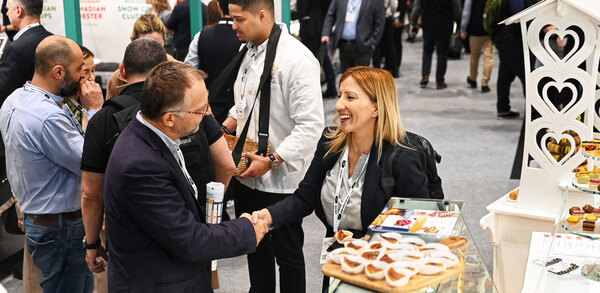Dalata’s UK footprint to surpass Dublin by 2025
Dalata Hotel Group, the largest hotel operator in Ireland, has said that its UK footprint will surpass Dublin by 2025.
In its financial results for 2021, the group said that regional UK and London remained the primary focus, but that it was also looking at large European cities for growth opportunities.
The hotel group reported revenue growth of 40% to €192m (£160m) for the year, 45% of levels reported in 2019. Following the reopening of hotels at the end of the second quarter of the year, like-for-like group revenue per available room (revpar) increased from 19% of 2019 levels for the first six months of 2021 to 58% in July and 78% in November as events and domestic corporate business returned.
It saw adjusted earnings before interest, tax, depreciation and amortisation (EBITDA) of €63.2m (£52.7m) and loss before tax of €11.4m (£9.5m). Occupancy in 2021 was 39.7% against 30.9% in 2020 and 92.6% in 2019.
Average room rate was €100.71 (£83.93), an increase on €88.77 (£73.97) in 2020 but down on 2019’s €113.14 (£94.27); while revpar was €40.02 (£33.35), also an increase on 2020’s €27.45 (£22.88) but down on €93.43 (£77.88) in 2019.
The group expressed its commitment to what it described as “responsible operations and growth” having achieved gender balance on its board. It has also committed to diverting 100% of waste from landfill by the end of 2022 and to collecting carbon emissions from suppliers to support Scope 3 measurement while assessing various decarbonisation pathways in line with science-based target initiative criteria.
Following the recent opening of two hotels in Manchester, the group has four more hotel openings in the pipeline this year, comprising more than 900 rooms, in Bristol, Glasgow and Dublin. A new Maldron hotel in London’s Shoreditch is expected to open in the second half 2023, with four more hotels due to open 2024 in Dublin, Brighton, Liverpool and Manchester, and a total pipeline of more than 2,000 rooms.
Trade at the start of 2022 was disrupted by restrictions following the emergence of the Omicron Covid-19 variant, however after virtually all restrictions in Ireland and the UK were removed at the end of January, the group saw a rise in bookings, with like-for-like group occupancy increasing from 38% in January to 62% in February. Like-for-like group revpar for February was expected to be 91% of the level achieved in 2019. In the absence of any further material Covid-19 restrictions, Dalata said it remained optimistic about the ongoing recovery of the business.
Dermot Crowley, Dalata Hotel Group chief executive, said: “ESG is a journey, and we have plenty of road to travel. I have set an objective for the teams to achieve performance levels in ESG that makes us a preferred partner with our stakeholders – shareholders, real estate investors, banks, suppliers, customers and employees.
“As the world emerges from the shadow of the pandemic, with the climate crisis becoming increasingly important, how people behave will inevitably change. This will impact how we attract, develop and retain our people. It will impact how our customers travel, most notably our corporate customers. We will need to be innovative to adapt to these changes, to respond to the challenges and find new ways to operate our hotels and interact with our customers. I am excited about the challenge and confident that we have the team to deliver a competitive strength in the new world.”
Dalata had cash and undrawn committed debt facilities of €298.5m (£248.8m) at the end of the year.



